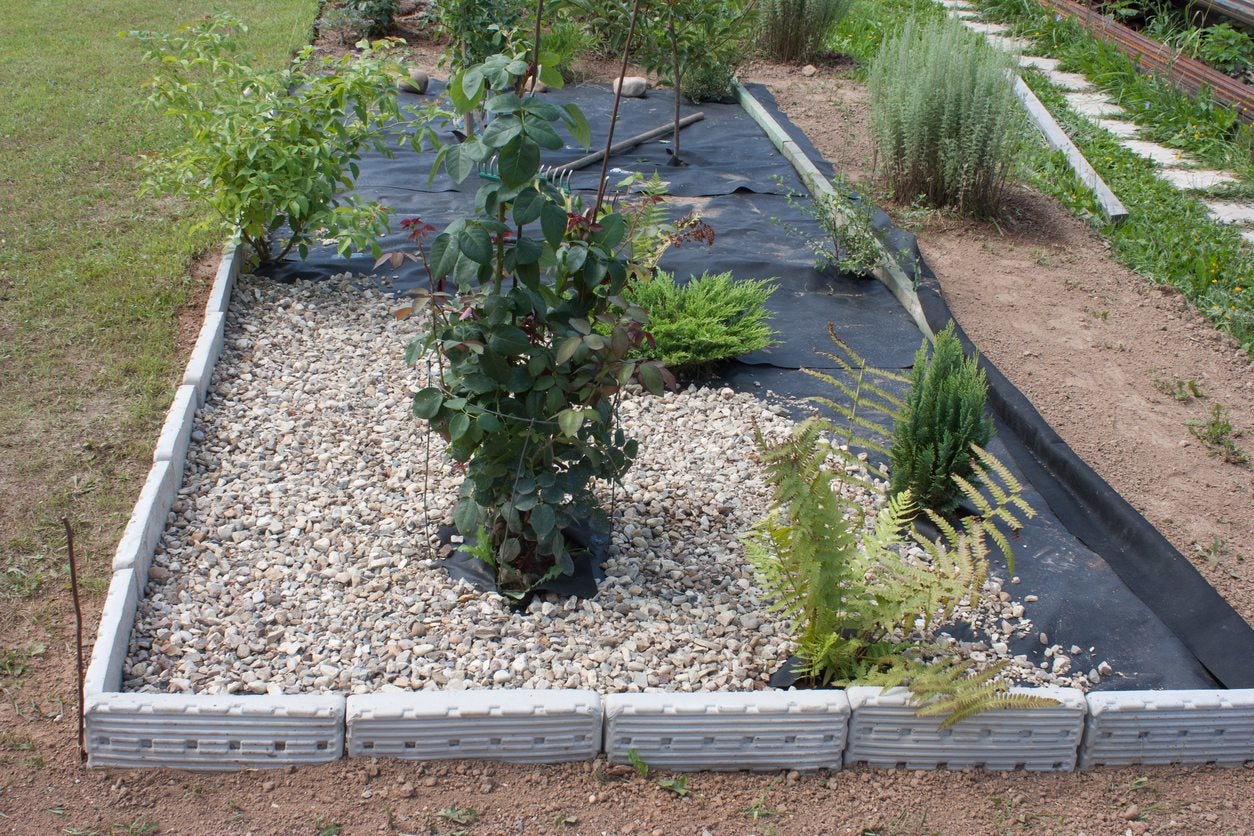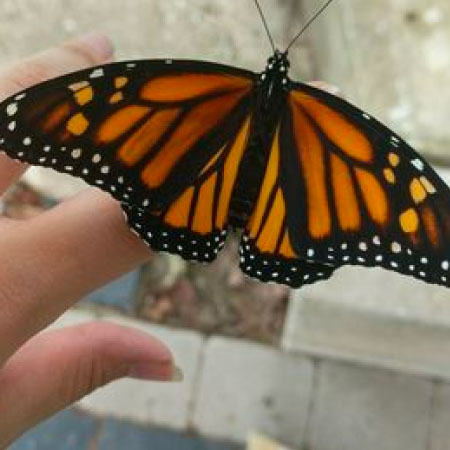What Is Inorganic Mulch: Learn About Using Inorganic Mulch In Gardens


The general purpose of mulch in gardens or landscape beds is to suppress weeds, retain soil moisture, protect plants in winter, add nutrients to the soil, or simply to make it look nice. Different mulches are better for certain uses. There are two main types of mulches: organic mulch and inorganic mulch. Organic mulches are made from something that was once alive. Inorganic mulches are made from non-living materials. In this article, I will address the question “what is inorganic mulch?” as well as discuss the benefits and disadvantages of inorganic mulch in the garden.
What is Inorganic Mulch?
The most common types of inorganic mulch are rocks or gravel, plastic sheeting, landscape fabric, and rubber mulch. Inorganic mulches do not decompose, or they slowly break down only after a long period of time. The benefit of inorganic mulch is that they may initially cost more, but they are more cost efficient because they do not need to be reapplied or topped off as frequently as organic mulches. The disadvantages of inorganic mulches that do not decompose is that they do not add any nutrients to the soil, and, in fact, some can prevent nutrients from reaching the soil altogether. Using inorganic mulches in gardens can definitely add aesthetic value and they work well to suppress weeds. However, they do not help much in retaining soil moisture, protecting plants through winter, or adding nutrients to the soil from decomposition as organic mulches do.
Using Inorganic Mulch in Gardens
Below I've listed the main types of inorganic mulches, as well as their advantages and disadvantages.
Rock or Gravel
Decorative rock mulches can make flower or landscape beds look very clean and appealing. When applied thick enough or used with plastic or fabric, they successfully suppress weeds. While they can cost a lot at first, they rarely ever need to be reapplied or topped off. However, rocks do not add any nutrients to the soil or help retain moisture. In fact, rocks can absorb and reflect heat from the sun, causing the area to become too hot and dry for many plants. Rock mulch is best used for areas with no plants or drought resistant plants. It is also very heavy to apply and hard to work with and plant in once it has been laid.
Plastic Sheeting
In my personal opinion, plastic sheeting is the bane of the garden's existence and should never be used. Everyone has their own opinions and preferences, though. Plastic sheeting does work effectively at suppressing weeds and is oftentimes covered with organic or inorganic mulches to make it look nicer. It also lasts for a long time, saving you money by not needing to be replaced often. Why I truly despise the use of plastic sheeting in gardens is because it does not allow water, air, or nutrients to get down to the soil. It is because of this, it is not recommended for use around plants, especially trees and shrubs with large root spreads. Additionally, it does not allow the soil to breathe, and it kills many beneficial insects, such as worms and valuable microorganisms that live beneath the soil. Ultimately, it kills the soil itself.
Landscape Fabric
Good quality landscape fabric effectively suppresses weeds while also allowing air, water, and nutrients to penetrate the soil. It is usually covered with organic or inorganic mulches to make it look more appealing. So, what’s the downside? Cheap landscape fabric can rip easily or breakdown quickly; therefore, it may cost you extra money in replacement or by combining other weed control methods.
Rubber Mulch
Rubber mulch is usually made from ground, recycled tires. Using recycled materials is always a plus. Rubber mulch can effectively suppress weeds and does help retain soil moisture, in some cases. It is also available in different colors for an interesting look. Rubber mulch is thought to be good for playgrounds because it is soft and rubbery. All that aside, the toxicity of rubber mulches is still being studied. Also, in a study by OSU, rubber mulch was found to be the most flammable of all types of mulch. It does not break down and can remain in the soil for a very long time.
Gardening tips, videos, info and more delivered right to your inbox!
Sign up for the Gardening Know How newsletter today and receive a free copy of our e-book "How to Grow Delicious Tomatoes".